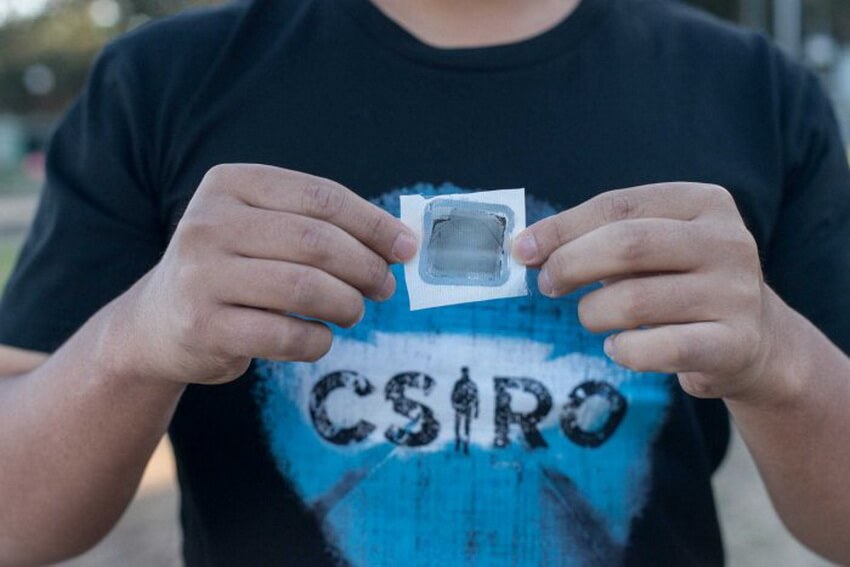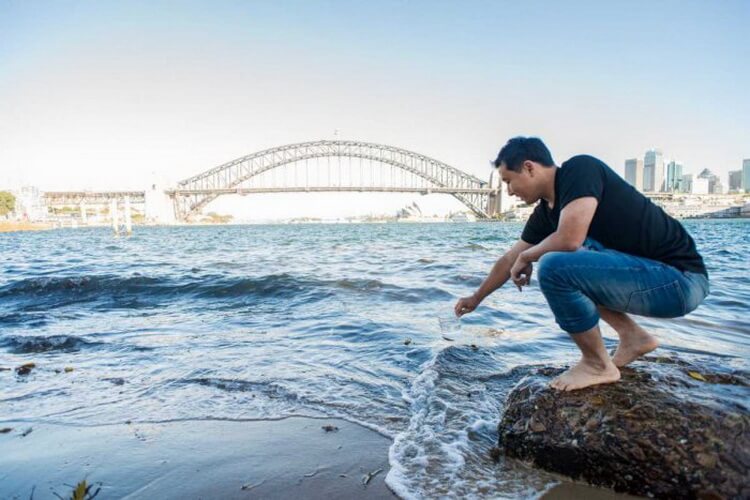
An Australian team of scientists from the State Association scientific and applied research (CSIRO) provided a cheap method of filtering water (even sea) on the basis of one species of graphene material, called GraphAir.
The production technology of this material was presented by Australian researchers about a year ago. Unlike conventional graphene, which is produced as a result of energy-intensive chemical process, GraphAir is made from soybean oil, a cheap and renewable material from which scientists can obtain thin graphene films.
This “soy graphene film” has a microscopic nanochannel. In the course of cleaning liquid passes through them and cleaned of contaminants. Scientists report that their material is capable of 100% filter contained in the liquid salt and other pollutants of domestic origin.
To test the effectiveness of your GraphAir filter specialists CSIRO decided on Sydney harbour, clearing her taken from a water sample. To do this, they set the film GraphAir on a conventional membrane filter water, which can be found in any store of the relevant goods. Just one treatment of the filter was enough to make the water available for drinking.

“The technology allows a one step to clean drinking water no matter how polluted it was originally,” — says study leader Dong Han SEO.
In addition, it was discovered that graphene film is polluted slower. Typically, the membrane is mounted in conventional filters, loses 50 percent of its effectiveness after 72 hours. Material GraphAir this problem was resolved, what the scientists report in the journal Nature Communications.
Australian researchers say that the technology does not require large expenditures.
“All you need is heat, which we have developed graphene membrane filter and a small water pump,” explains SEO.
The first field trials of the technology in developing countries is planned for 2019. In addition, the researchers want to develop a purification system for home use and for urban industrial filtration systems. The researchers add that the developed technology can be adapted to filter and desalinate water from industrial waste.
The researchers note that there are about 2.1 billion people lack access to clean drinking water. Their development can help all these people.
“Almost a third of the population, about 2.1 billion people lack access to clean drinking water. As a result, millions of people around the world, and most often children, die annually from diseases associated with lack of adequate water, sanitation and hygiene,” says SEO.
“GraphAir is the perfect filter for water purification. Instead of complicated, time-consuming and multiphase processes that currently apply to clean, it is able to cope with the task in just one step.”
Created a graphene filter is able to purify even seawater
Nikolai Khizhnyak